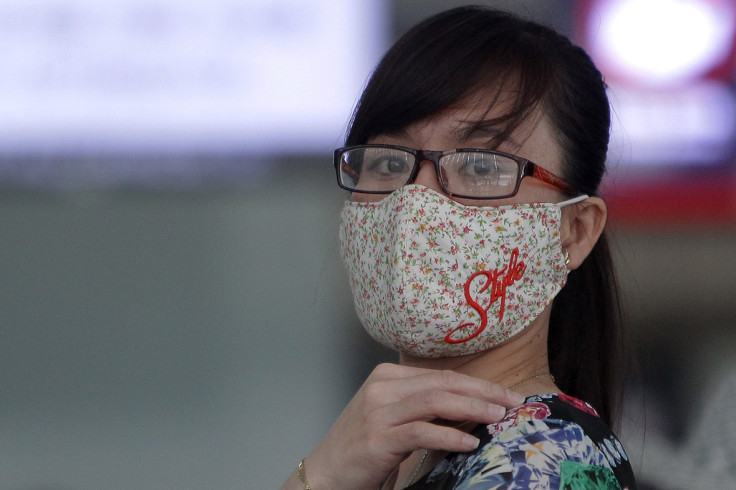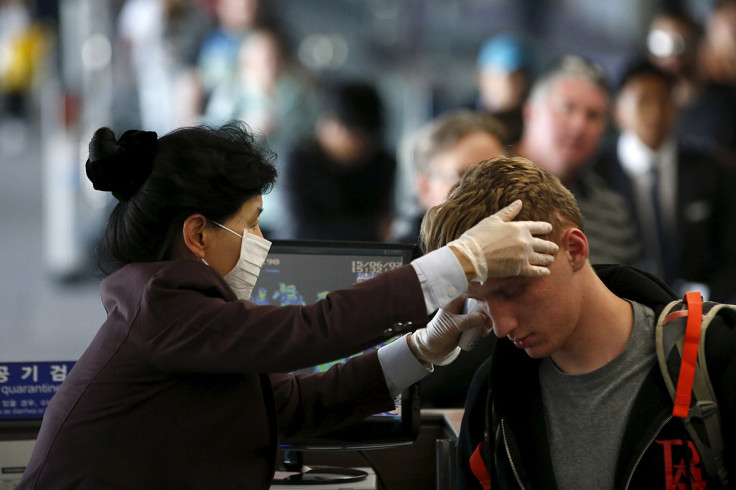South Korea MERS virus outbreak: Asian countries take precaution as death toll rises

Asian countries are closely monitoring the Middle East Respiratory Syndrome (MERS) outbreak in South Korea as the number of people infected and the death toll rises.
South Korea's Health Ministry said on 10 June that two more people have died from MERS, taking the total number of fatalities to nine so far. The two victims are cancer patients.
Thirteen new cases have also been reported, bringing the total number of infected people in South Korea to 108. The new cases were all linked to hospitals, the ministry said, Reuters reported.
Although the World Health Organisation (WHO), which started work on 9 June on a joint mission with South Korea to analyse the virus and review the country's response, it has yet to recommend any travel or trade bans with South Korea.
Taiwanese health authorities have issued a travel alert to cover all of South Korea on 9 June, widening its caution on travel to the country. The alert issued by the Centers for Disease Control also recommended that its citizens avoid medical institutions when travelling in South Korea.
Taiwan had earlier issued a travel alert for Seoul and placed the reset of the country on a less serious "watch" level. Taiwan has a three level warning system for travel to epidemic areas.
The first is a "watch" that reminds travellers to take general precautions which are usually in line with local area measures while the second level is "alert" where stronger precautionary measures are issued. The most serious and highest level is the "warning" which recommends against non-essential travel to the stricken area.
Hong Kong on red alert
Hong Kong issued a "red alert" advisory on 9 June against non-essential travel to South Korea. A red alert is the second-highest outbound travel advisory on a three-point scale and is defined as a "significant threat" according to the Hong Kong government.
It effectively means that people should adjust their travel plans and avoid non-essential travel, according to Reuters.
The Travel Industry Council of Hong Kong has already cancelled all tours to South Korea that were scheduled to set off between now and 30 June, excluding cruises. The cancelled tours affect between 10,000 – 20,000 travellers.
The Chinese territory of Macau has advised its residents to avoid travelling to South Korea unless absolutely necessary, Reuters says.
Singapore imposes temperature screening for all air passengers from South Korea

In a statement, Singapore's Ministry of Health says it will start temperature screening at air checkpoints for passengers arriving from South Korea with effect from the evening of 9 June. It already has temperature screening in place for travellers arriving from the Middle East since 18 May 2014.
It however notes that temperature screening may not pick up all imported cases due to the long incubation period of up to 14 days of MERS, and the presence of mild and asymptomatic cases.
Although no MERS cases have been detected in Singapore, "the possibility of an imported case here cannot be ruled out given today's globalised travel pattern," the ministry warned.
© Copyright IBTimes 2025. All rights reserved.






















